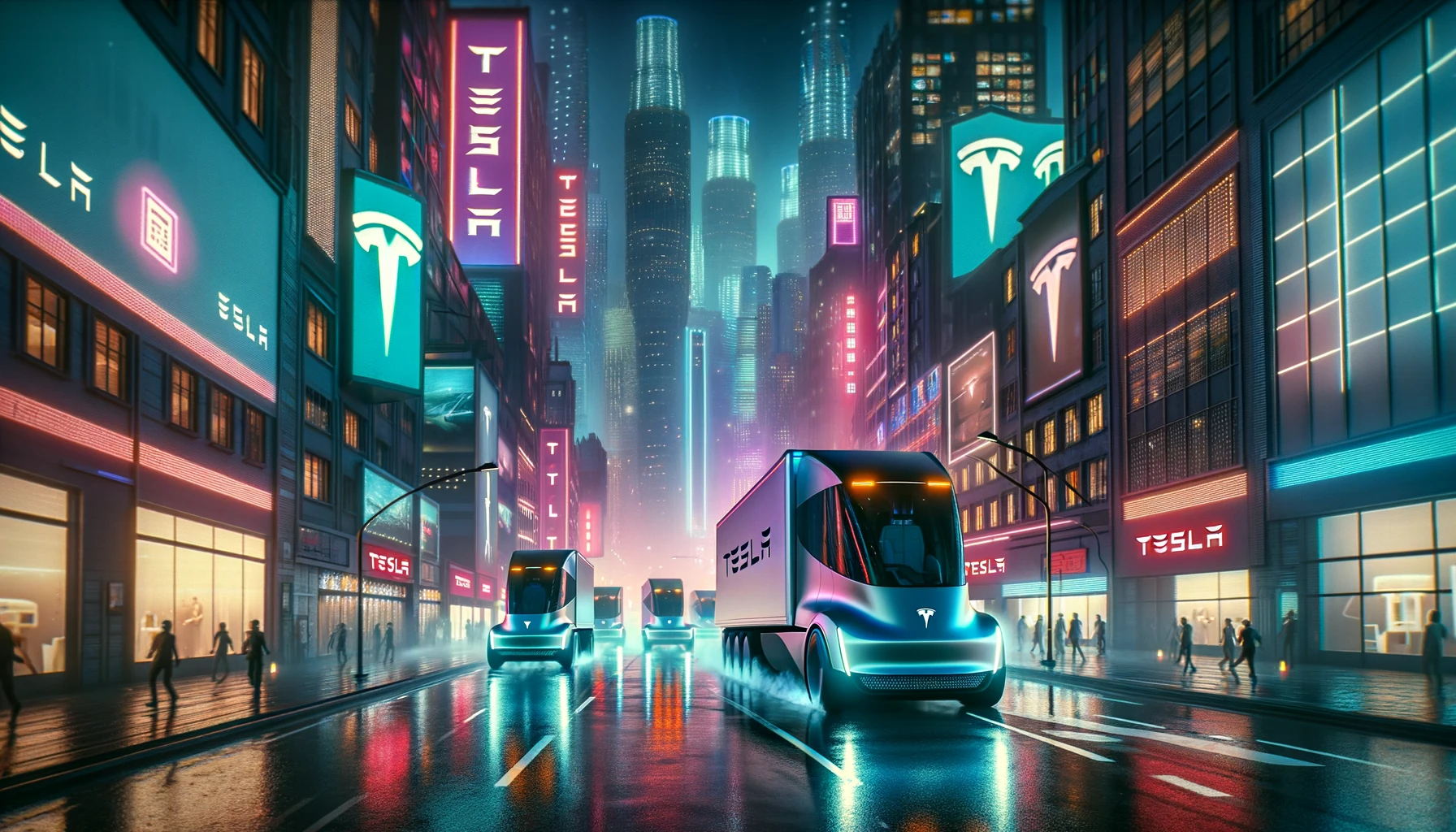Protesters residing in treehouses at Tesla‘s Giga Berlin site have received permission to extend their demonstration against the company’s expansion plans. The campers, concerned with preserving the local forest, have set up their camp to prevent Tesla from cutting down more trees. This extension highlights the ongoing conflict between environmental activists and industrial development in the area.
Tesla, founded in 2003, is an American electric vehicle and clean energy company based in Palo Alto, California. The company specializes in electric cars, battery energy storage, and solar energy solutions. It has rapidly grown to become one of the most influential companies in the automotive and energy sectors, revolutionizing the market with its innovative products and cutting-edge technology.
The protest camp at Giga Berlin began as an effort to halt tree cutting for the factory’s expansion. In the past, Giga Berlin faced multiple protests from environmental groups citing concerns over deforestation and water usage. Despite securing approvals for revised plans that reduce the number of trees to be cut from 100 to 50, the tension between Tesla and local activists remains palpable. In previous instances, Brandenburg police have filed complaints against the protesters, which led to legal battles in administrative courts.
Comparatively, earlier protests had a shorter duration, often ending with temporary suspensions. The court rulings have varied, sometimes siding with Tesla, but recent developments show a trend towards recognizing the protesters’ rights, allowing extended demonstrations. Local government officials have also been involved, trying to mediate between the company’s expansion goals and environmental concerns, reflecting the complexity of balancing industrial growth with ecological preservation.
Legal Battles and Court Decisions
On May 16, 2024, Brandenburg police filed their second complaint against the treehouse camp protesters. The first complaint was ruled in favor of the protesters by the Postdam Administrative Court. In the latest complaint, the Berlin-Brandenburg Higher Administrative (OVG) Court rejected the restrictions the police sought to impose on the protest, thus allowing the treehouse camp to continue.
Impact of Revised Expansion Plans
Tesla’s revised expansion plans, which reduce the number of trees to be cut, have been approved by Grünheide representatives and officials. Despite this approval, local residents and environmental activists have announced their intention to continue their protests, showing a persistent opposition to the factory’s growth. This ongoing resistance underscores the deep-rooted concerns about environmental preservation among the community.
Future of the Giga Berlin Site
The extended protest at Giga Berlin brings attention to the broader environmental impact of large-scale industrial projects. As Tesla moves forward with its expansion, the company will need to navigate the complex landscape of legal challenges and public opinion. The outcome of these protests could set a precedent for how similar projects address environmental concerns in the future.
Key Takeaways
– The extension of the treehouse camp protest at Giga Berlin highlights ongoing environmental concerns.
– Court rulings have increasingly supported the protesters’ right to demonstrate.
– Tesla’s revised plans to cut fewer trees have not quelled local opposition.
The extended timeline for the treehouse protest at Giga Berlin signifies an enduring conflict between environmental activism and industrial development. The legal victories for the protesters mark a significant moment in their campaign, suggesting that future industrial projects will need to consider environmental impacts more seriously to gain community support. For Tesla, balancing expansion with environmental stewardship will be crucial in maintaining its reputation and fostering goodwill among local residents.










